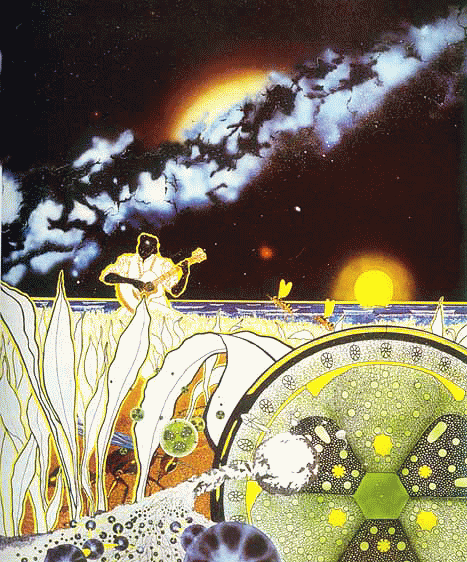The Repudiation of Reality Beneath the Cry of Appropriation
Let's workshop this poem about how so many demand recognition for cultural contributions while ignoring the cosmic reality that we are all transient links in a chain of shared and forgotten origins.
scent of the day: Sienè, by Tiziana Terenzi. Blasting forth with that smokey suede of Tuscan Leather until soon after a floral element (orris butter and a jasmine-vanilla honey from the black locust flower) calls to mind a creamier version of Ombre Leather, Sienè—a contender for the best take on the saffron-leather genre made famous by Tom Ford—displaces the muddled berries of La Yuqawam and the fruit mélange of Godolphin and the raspberry of Tuscan Leather and the dusty jasmine of Ombre Leather and the ginger of Suede et Safran with a one-two of pinene-centric greenery (juniper, cypress, poplar) and musky incense (olibanum, myrrh, sandalwood) and then adds to the staple amber fixative not the vetiver that sets Godolphin apart but a signature Terenzi dose of agarwood that keeps this on skin even after a shower—the result: a currier-workshop fragrance that for me looks better on paper (and might even smell better) than all the others in its class, and I hope will serve (I will be smelling it next week to see if I am right) as the undercard for Orto Parisi’s plunge into the fart-smoked perineal depths of the tannery with Cuoium.
The Repudiation of Reality Beneath the Cry of Appropriation Many got from you jokes and slang still spoken, films and music still appreciated—yet (bracketing trauma still felt) you would be satisfied only if they recall you as the source when you yourself, mere link in the cosmos’s self-grooming chain, have forgotten too!?








Madd phat piece
“The Repudiation of Reality Beneath the Cry of Appropriation" interrogates the performative outrage over cultural appropriation and its underlying contradictions. The poem highlights the human fixation on being recognized as the originator of cultural artifacts—jokes, slang, films, music—despite the transitory and derivative nature of such contributions. It critiques the selective memory inherent in these demands, emphasizing that even those outraged often fail to remember the broader web of influences that shaped their own expressions.
The opening lines acknowledge the lasting impact of cultural contributions, pointing out their continued appreciation and utility. However, the poem sharply pivots to question the insistence on being acknowledged as the source, presenting it as a flawed pursuit rooted in ego rather than genuine understanding. The speaker juxtaposes the persistence of cultural artifacts with the fragility of memory, suggesting that the cry for credit disregards the inevitability of cultural evolution and collective forgetting.
The invocation of "trauma still felt" adds a layer of nuance, recognizing the pain and historical injustices that underpin many discussions of appropriation. However, the poem reframes this pain as a bracketing device, arguing that it is used to justify a demand for recognition that ultimately conflicts with the interconnected and impersonal nature of cultural transmission. The speaker underscores this point by describing humanity as a "mere link in the cosmos’s self-grooming chain," reducing individual contributions to one strand in an infinite web of causality.
The poem’s philosophical heart lies in its challenge to the myth of individual authorship. By illustrating the irony of demanding credit while forgetting one's own borrowings, it critiques the self-centeredness of these demands and points toward a more expansive view of cultural exchange. Ultimately, the piece calls for humility and an acceptance of humanity’s role as participants in, rather than owners of, the cultural continuum.
cultural appropriation, authorship, collective memory, cultural transmission, interconnectedness, philosophical critique, ego, trauma, recognition, cultural evolution, self-grooming chain, irony, individual contribution, cultural continuum.